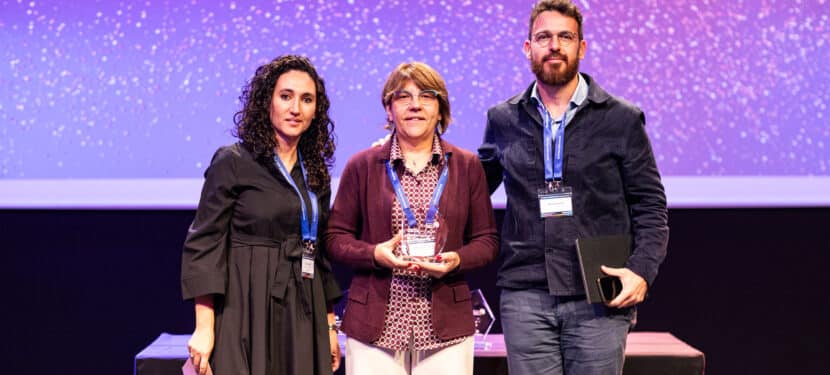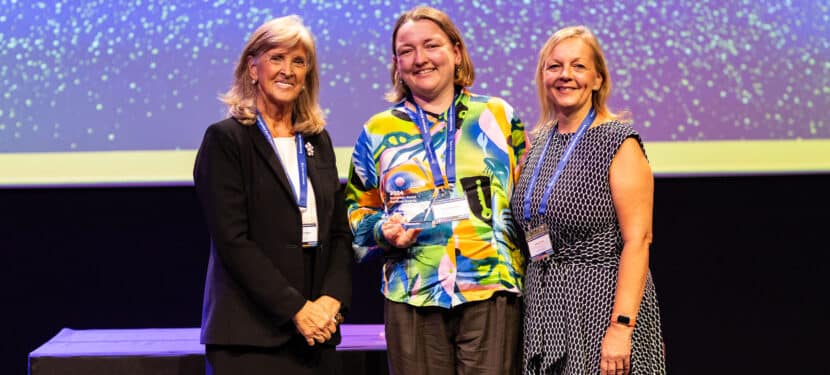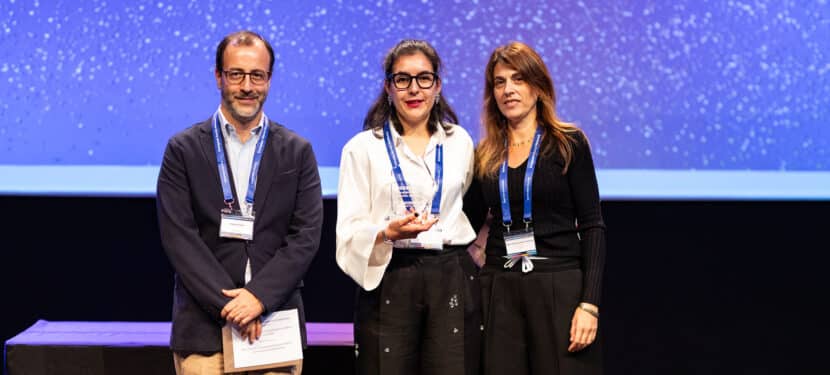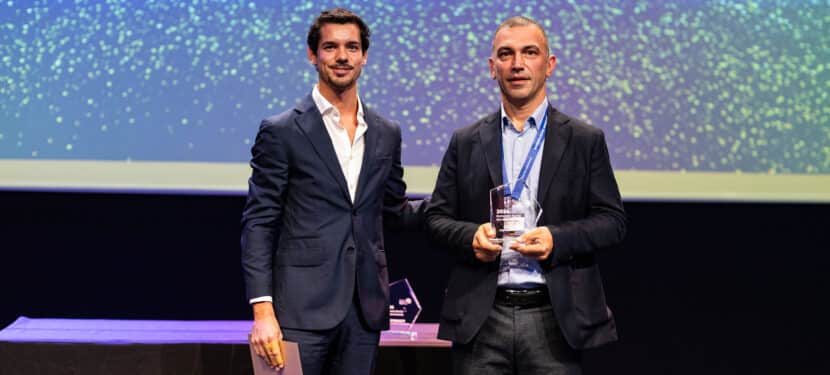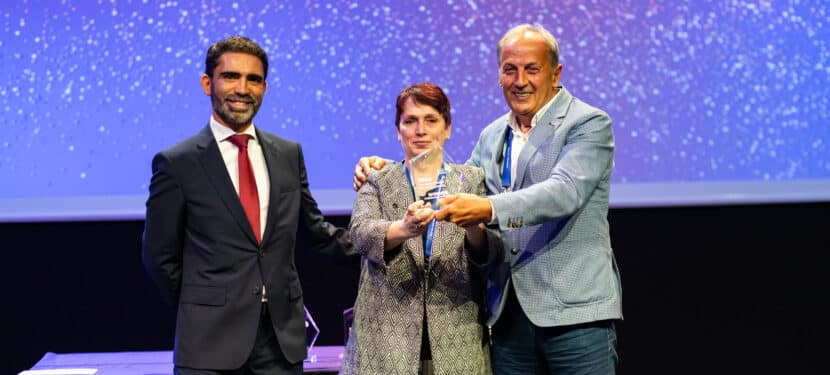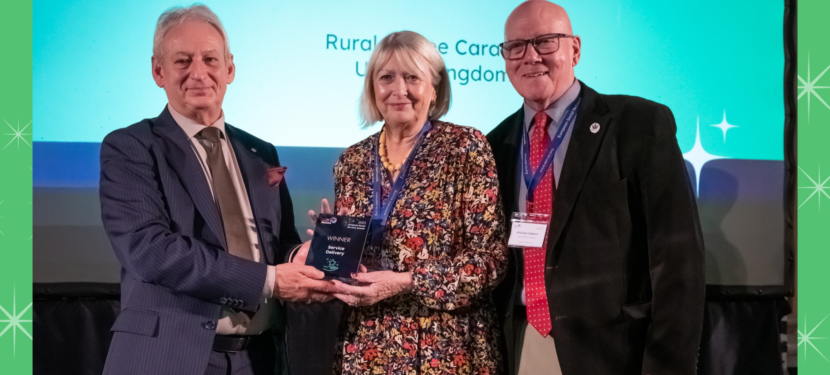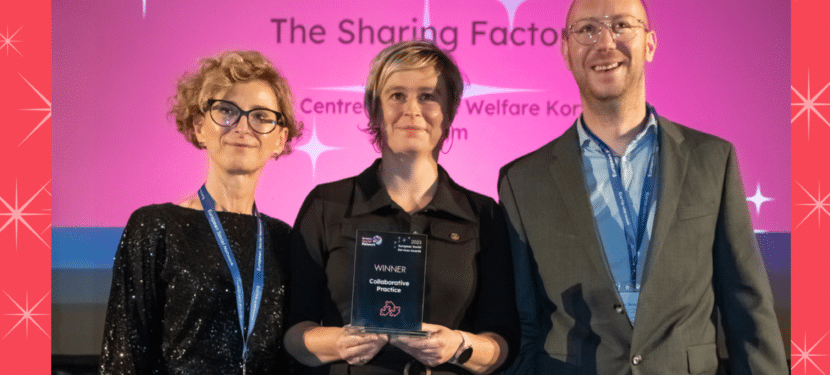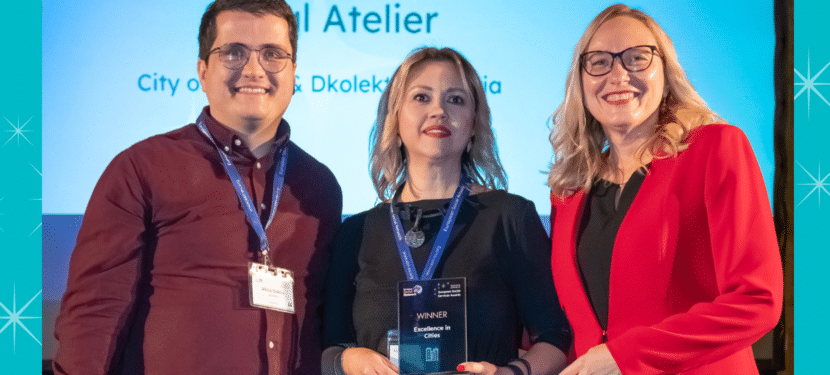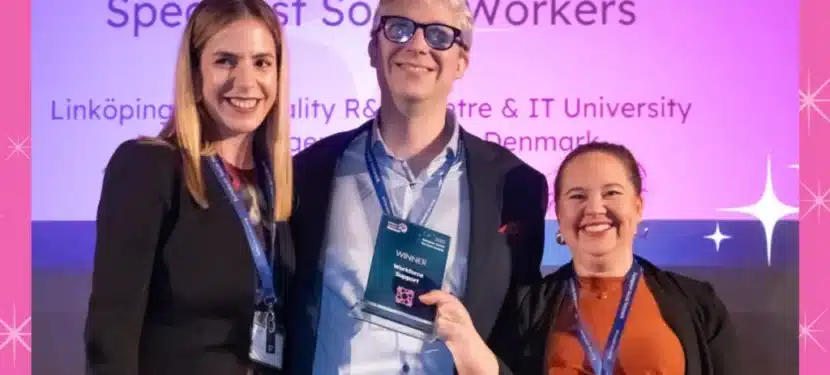Workforce Support Winner: Caregiver Bergamo Project – ATS Bergamo, Italy
The Caregiver Bergamo Project, led by ATS Bergamo, is dedicated to strengthening support for family caregivers through a collaborative and multidisciplinary approach. By integrating the efforts of public administrations, third-sector organisations, and healthcare professionals, the project ensures that caregivers receive the emotional, practical, and professional support they need.
Discover the journey of ATS Bergamo, as they share their experience of implementing the Caregiver Bergamo Project and its impact on caregivers and their communities through their award-winning work in Workforce Support.
- What does winning a European Social Services Award mean for your organisation? How do you feel about this recognition and experience?
Winning this award is an important recognition of the commitment and teamwork that has shaped the Caregiver Bergamo Project. For ATS Bergamo and our partners, it represents both a moment of pride and a source of renewed motivation. It strengthens our belief in creating inclusive support systems and validates our shared efforts in addressing the needs of family caregivers in an innovative and impactful way.
- Why did you choose to apply for the 2024 European Social Services Awards?
Our participation was inspired by the European Social Network’s commitment to excellence and inclusion. The 2024 ESSA theme, Promoting Inclusive Communities, aligned perfectly with our project’s core mission. Additionally, our involvement in the 2024 Antwerp conference was a turning point, encouraging us to showcase our approach and foster a wider exchange of best practices with European peers.
- What is the added value of being part of a European Network for your organisation? Why is it important to share practice and projects with other actors across Europe?
Being part of a European network like ESN offers invaluable opportunities for collaboration, mutual learning, and visibility. Sharing our project’s experience helps strengthen the support network for caregivers across Europe and allows us to learn from diverse approaches to social care, contributing to a shared vision of more resilient and inclusive welfare systems.
- How does your winning project support inclusion in the community?
The Caregiver Bergamo Project creates a network that integrates the efforts of public administrations, third-sector entities, and healthcare professionals to support caregivers. By addressing their emotional, practical, and professional needs, the project fosters an inclusive approach where caregivers are empowered to participate fully in their communities, reinforcing both their well-being and that of their families.
- What were the key reasons for the success of your project?
The success of our project lies in its collaborative and multidisciplinary approach. The involvement of local institutions, Ambiti Territoriali Sociali, and third-sector partners has created a robust, community-based support system. Additionally, the focus on co-designing interventions with caregivers has ensured that the services provided are relevant and sustainable, promoting trust and participation. - Why should an organisation enter the Awards in 2025?
Participating in the European Social Services Awards is an opportunity to recognize and celebrate impactful work while connecting with a network of inspiring projects across Europe. It is a chance to reflect on successes, share innovative practices, and contribute to the improvement of social services. For us, it reinforced the importance of collaboration and community-centered solutions.
Learn more about the Workforce Support category and all the shortlisted projects in 2024. You can also explore all the categories of the 2024 European Social Services Awards and discover the inspiring initiatives recognised this year.

